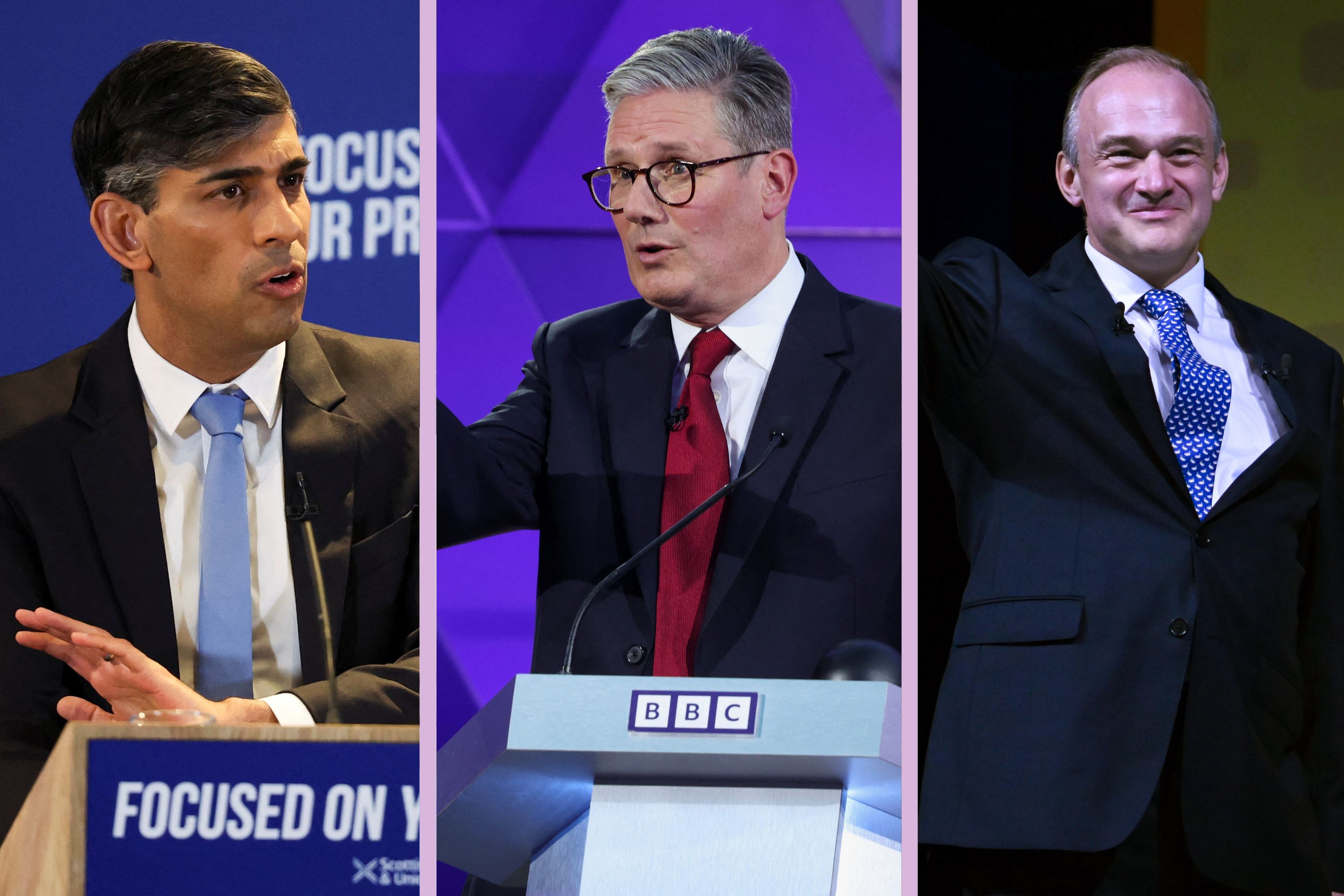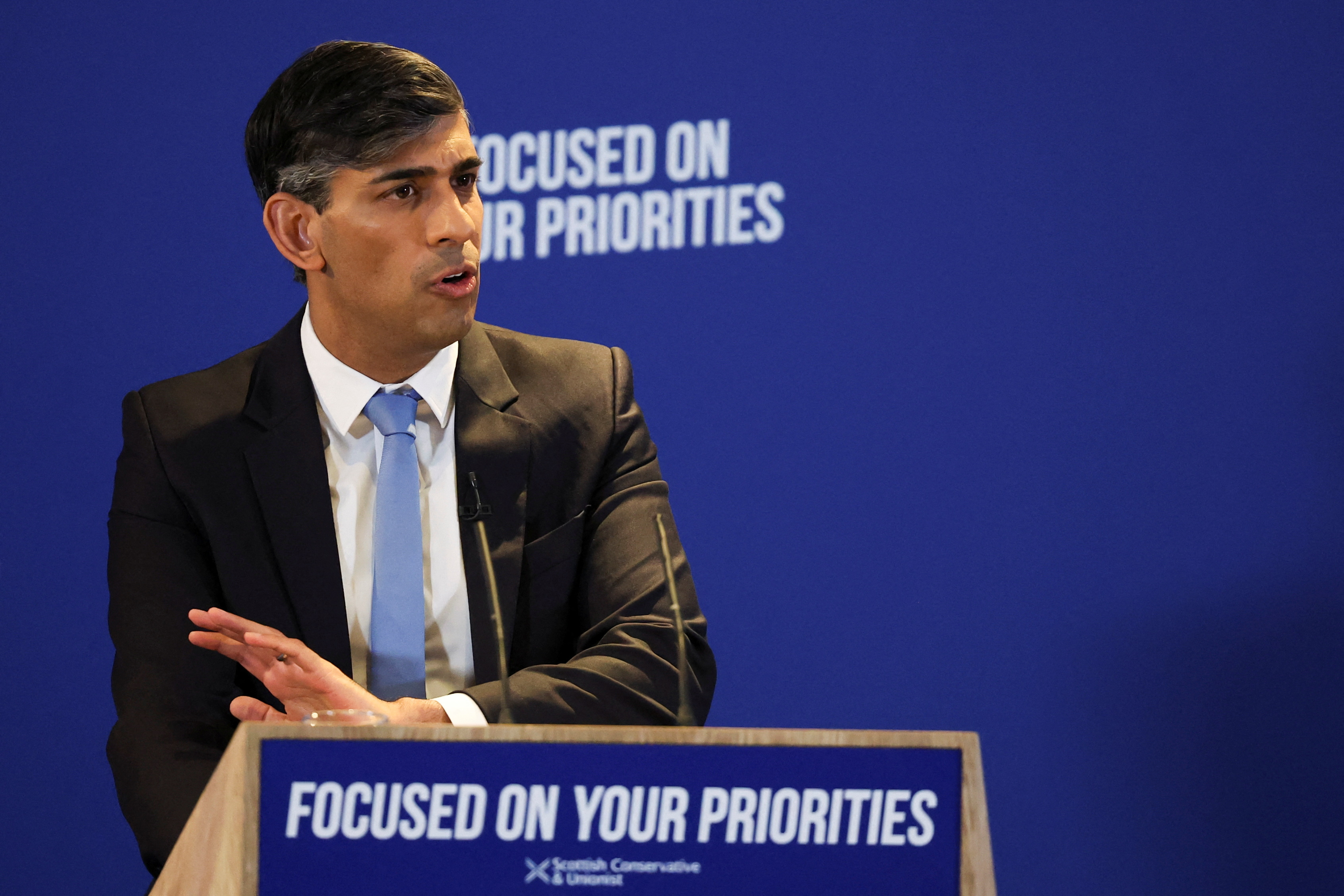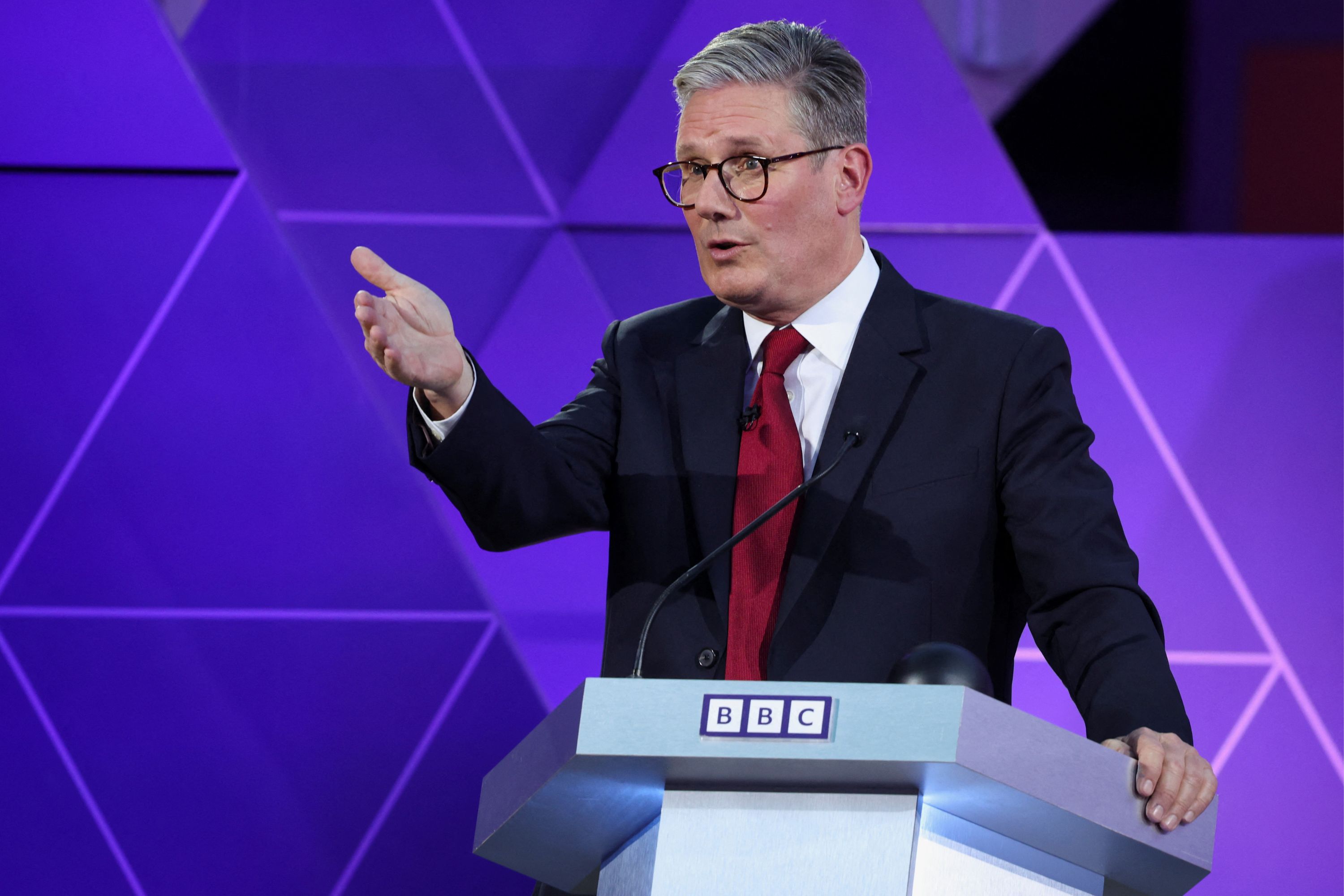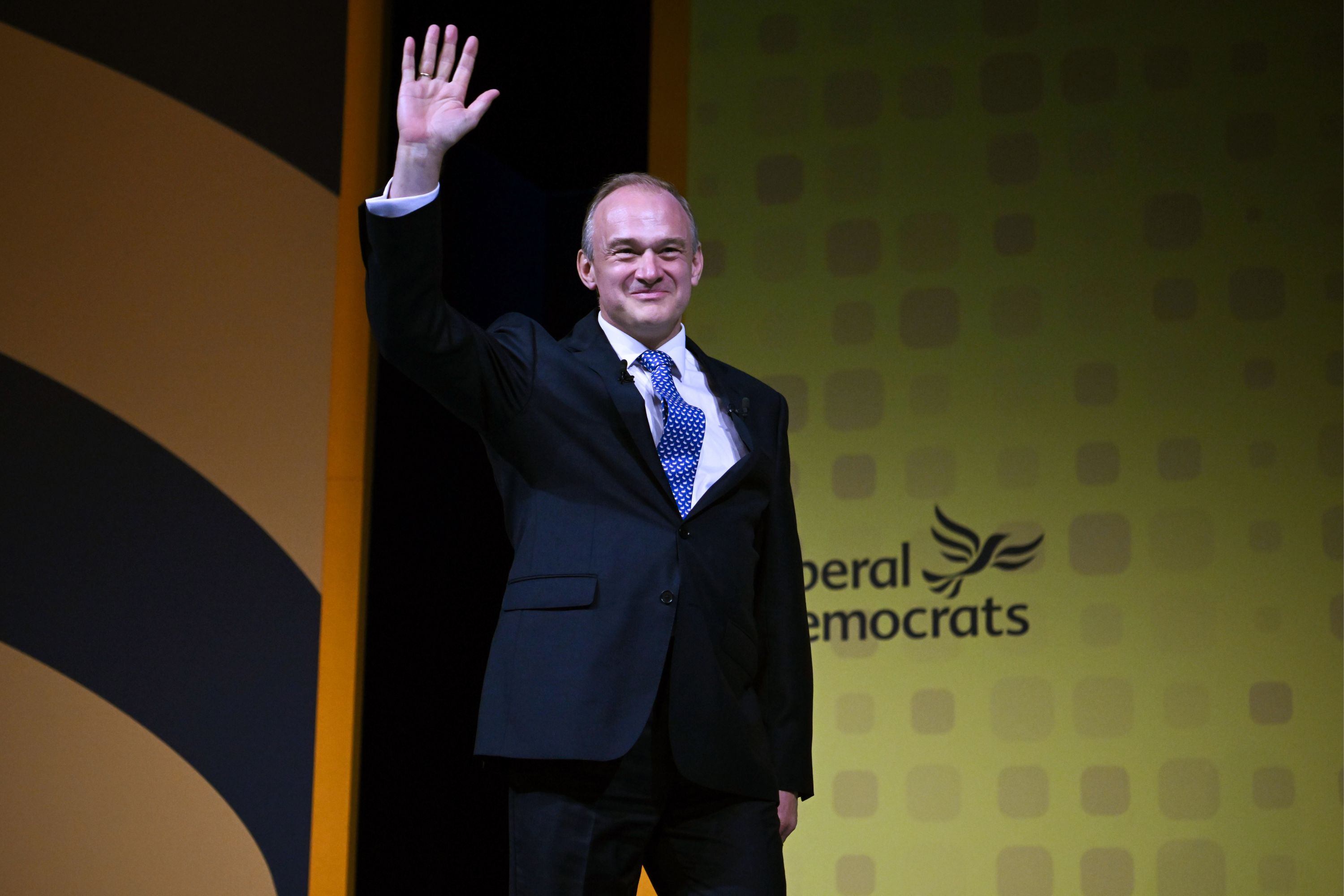Everything the 3 main political parties have said about school and education policies ahead of the general election
With the general election taking place this week, this is everything parents need to know about each party's proposed education policies

With the general election taking place on 4 July 2024, we share everything that each of the parties have proposed for schools and education should they be elected.
Polling day is nearly upon us. On Thursday 4 July, the UK will vote for their local MPs and, subsequently, their new Prime Minister in the general election. But while issues like the cost-of-living crisis and the economy, the NHS, and immigration have taken centre stage throughout the election debates, for many parents, proposed education policies will be a vital element influencing how they will vote.
So what are the three major parties - the Conservatives, Labour, and the Liberal Democrats - proposing to change when it comes to schools and education? Here we break down what each of their manifestos says regarding the topic.
What are the 3 main parties’ proposed education policies?
The Conservatives’ proposed education policies

The Conservatives' main education policies promise to change the day-to-day experience of school pupils in a number of small ways; banning the use of mobile phones on school grounds, making two hours of physical education every week mandatory in both primary and secondary schools, and introducing a complete ban on any sex education lessons being taught to pupils in any form until Year Five, which headteachers say won't make ‘much difference’ to school life. They also plan to ban schools from teaching kids about the ‘concept of gender identity', which experts believe could be detrimental for kids.
They've also pledged to continue the implementation of the Advanced British Standard qualification meaning every young person will have to study some form of English and maths until the age of 18 alongside at least five other subjects.
The manifesto also includes promises to protect the 'day-to-day' school spending per pupil and to offer tax-free bonuses to teachers in priority areas where the current school workforce is low.
Labour’s proposed education policies

Labour's most ambitious education policy is to reform Ofsted, replacing the single-word judgements, which range from 'outstanding' to 'inadequate', with a more well-rounded school scorecard rated by a multi-academy trust inspection and annual safeguarding check.
Parenting advice, hot topics, best buys and family finance tips delivered straight to your inbox.
They have also pledged to expand the number of primary school-based nurseries and free breakfast clubs, to improve the quality of maths teaching, to recruit 6,500 new teachers, and to boost access to mental health support by placing specialist mental health professionals in every single school.
Their most high-profile policy is their pledge to apply 20% VAT to private schools, which experts have warned could increase private school costs that have already risen by so much that one in four children may have to be removed from private education.
The Liberal Democrats’ proposed education policies

The Liberal Democrats have promised a lot of new funding for schools including; increasing the per-pupil school funding above the rate of inflation every year, more money for teacher training, increasing the pupil premium (the funding given to schools to support students from low-income families), and to fund better support for children with high needs to, in turn, reduce the amount that schools pay towards the cost of a child’s education, health and care plan.
They also want to increase eligibility for free school meals.
Similar to Labour, they have pledged to place a qualified mental health professional in every school and says they are also interested in Labour's propsed scorecard approach for Ofsted.
Charlie Elizabeth Culverhouse is a news writer for Goodtoknow, specialising in family content. She began her freelance journalism career after graduating from Nottingham Trent University with an MA in Magazine Journalism, receiving an NCTJ diploma, and earning a First Class BA (Hons) in Journalism at the British and Irish Modern Music Institute. She has also worked with BBC Good Food and The Independent.